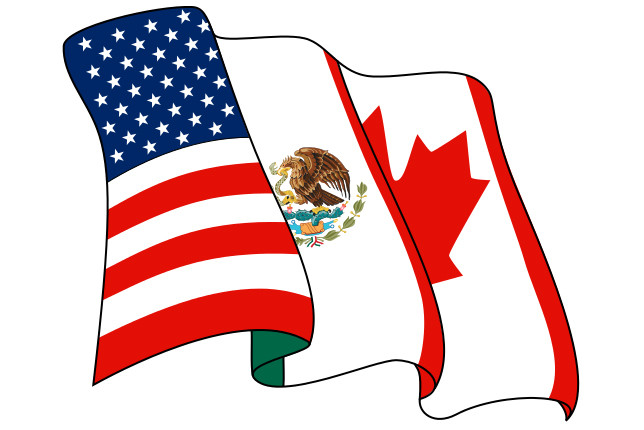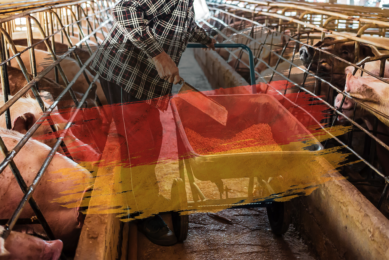US feed industry happy with NAFTA 2.0

The American Feed Industry Association (AFIA) praises the NAFTA 2.0 agreement, as it will facilitate greater market access, regulatory transparency and accountability.
The US, Mexico, and Canada trade negotiators have reached an agreement to update, modernise, and replace the trilateral North American Free Trade Agreement (NAFTA). If ratified and approved by the 3 countries, the new trade deal will be called the US-Mexico-Canada Agreement (USMCA) and will facilitate greater market access, regulatory transparency and accountability among the 3 trading partners.
Dutch agrofood bank Rabobank sums up some of the key highlights. For livestock and animal protein for example:
All food and agricultural goods with zero tariffs under NAFTA remain unchanged when it comes to tariffs. The USMCA will, however, eliminate some barriers to products traded between the US and Canada that remained protected under NAFTA, such as dairy, poultry (including turkey), eggs and sugar.
US dairy, poultry and eggs will get some access to Canadian market via, mostly, Tariff rate Quotes (TRQs) that marginally grow over time. The new agreement provides slightly more access to the dairy market than what Canada committed to provide in the TPP. However, in this case, the US is the sole beneficiary of those opportunities. Furthermore, the US will provide reciprocal access for imports of Canadian dairy products, through first-come, first tariff-rate quotas.
American feed industry pleased
The American Feed Industry Association (AFIA) praises the NAFTA 2.0 agreement. AFIA’s President and CEO Joel G. Newman stated the following: “Over the past year, the US animal feed manufacturing industry chanted ‘do no harm’ as it watched the administration on several occasions nearly reach a breaking point in its negotiations with Canada and Mexico over NAFTA. The industry can finally breathe a sigh of relief as it recognises the administration has listened to the needs and concerns of the agricultural community and reached an agreement that maximises and strengthens the progress and goodwill US industries have built with Canada and Mexico over the past 2 decades. The USMCA will not only allow US animal feed exports to remain strong, but to grow in the face of intense global competition. It does this while ushering in a new era of trade agreements – one that is built on groundbreaking provisions that increase transparency among trading partners while rewarding science and innovation that continues to help today’s industries meet the needs of tomorrow’s consumers. We thank the administration and negotiators in Canada and Mexico for reaching a solid agreement that will surely benefit industries across all of North America.”
Over US$ 3 billion export value
Over the past year, AFIA has been working through coalitions to encourage a renegotiated NAFTA that: preserved duty-free market access; addressed sanitary and phytosanitary issues; implemented science-based regulations and regulatory cooperation; and addressed Canada’s unfair feed registration requirements. The US animal feed manufacturing industry depends on the free trade access it enjoys with Canada and Mexico, which has allowed exports of feed ingredients, feed and pet food to more than triple since NAFTA’s implementation, growing from roughly $ 669 million in 1993 to over $ 3.1 billion today.











